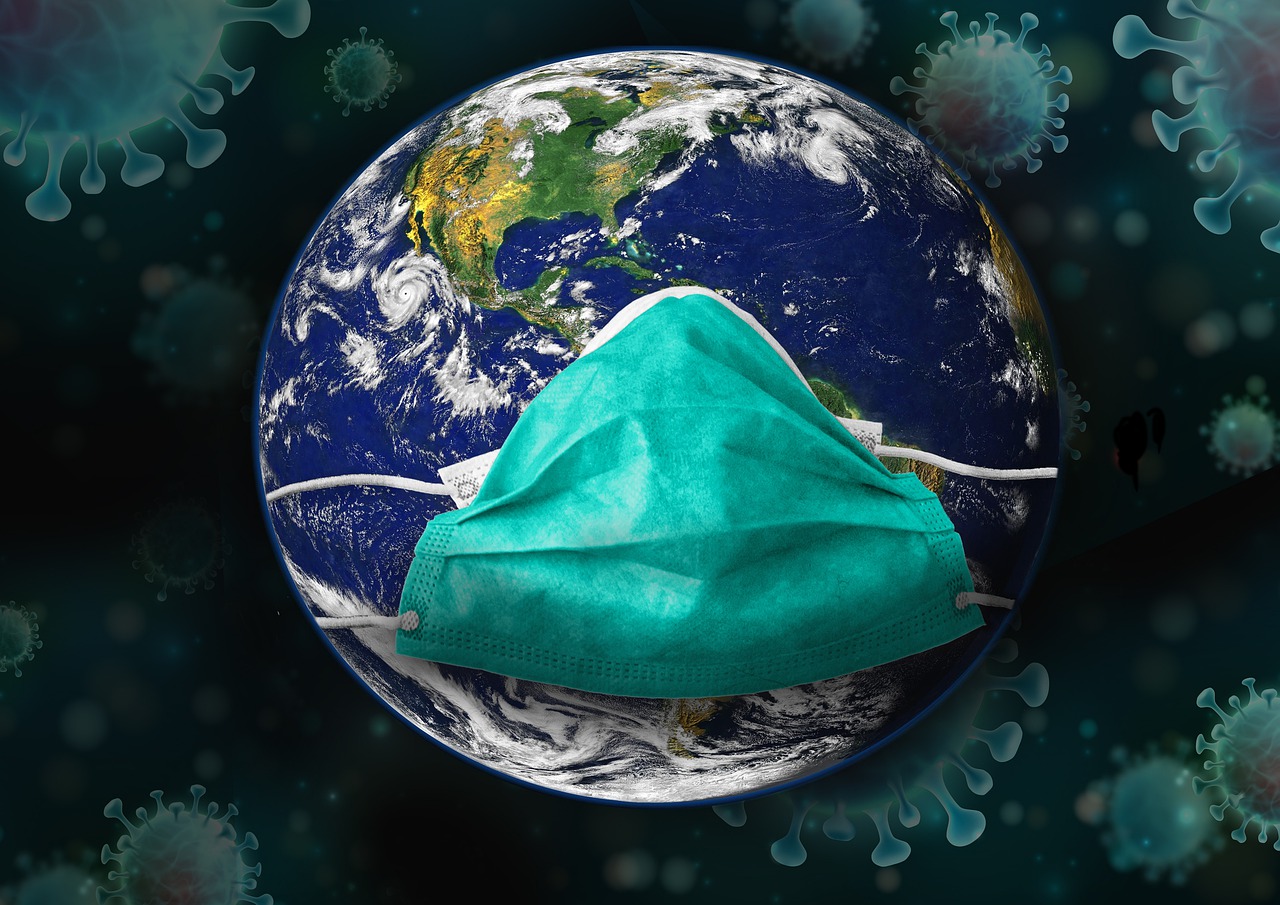Although there have been many pandemics throughout history, with globalization it may be this, the COVID-19, the one that has spread the fastest and the one that has reached practically every corner of the planet.
Although it is true that for many generations, a coronavirus of these characteristics takes us by surprise and we go out like crazy to supply ourselves to supermarkets, in Southeast Asian countries such as China, due to the expansion of diseases of a similar nature, many due to the unfortunate treatment of animal species ... it is not new for them to wear a mask to go outside.
In large cities, especially in Asian or Latin countries, where people live more agglomerated, there is more ease of contagion. And on top of that, many people live in flats too small to be able to cope with being indoors during the pandemic. Hence, in cities such as Paris or Madrid there was an exodus of citizens who "escaped" to other regions less affected by the virus, which ended up spreading rapidly.
It is true that those regions with a warmer climate, the population is used to having more personal contact and living more on the streets. Here changing habits during confinement and a subsequent "new normality" costs much more. In fact, going out to attract attention on balconies during confinement was only seen in Mediterranean countries such as Spain or Italy.
While, in Northern Europe, people make a more homely and family life, mainly due to its colder type of climate and with fewer hours of sunshine per year. With what the new habits to stay at home do not cost so much to the population.
In many African or Latin American countries, unfortunately they are so used to having so many diseases that a pandemic of this type does not scare them so much, and restrictive measures are difficult to carry out because many people live daily and many small business owners they cannot be allowed to temporarily shut down for several weeks or months.
In addition to the fact that in many countries such as Brazil, the State barely grants aid and as they say, take care of yourself in health and look for life ... and if the poor or elderly population is reduced by the way, let's say that the State is also interested in reducing costs health or pension. A real social tragedy in the capitalist system.
What is going to change in these countries is life with respect to the economic crisis that comes after a global pandemic.
In Southern Europe, we also know what a crisis of this type consists of and we can assume something better that another comes again. But life habits in this sense must change, or rather, change once and for all.
I mean that perhaps it is not necessary to consume so much, that it is not necessary to travel several times a year always to distant places, go on luxury cruises or stay in four-star hotels. Perhaps it is not necessary to have two high-end cars, nor a villa on the beach and at the same time a duplex in the big city.
We can try to consume products in less quantity and of higher quality, buying in local stores. Especially organic food products, which can sometimes be more expensive but are better for our health.
Do we really need to buy clothes in large quantities in big department stores? Or is it better to buy less and of better quality in your nearest local store, knowing that it is a sector that suffers from great job insecurity?
With this we will help the merchants of our locality or region and we will contribute to the environment, by reducing so much consumption. Although if we do not have access to certain products in our local environment, we have the great advantage of buying them from any company in any country in the world on the internet, or on platforms such as Amazon, where today we find almost everything and in a few days you have the product at your home, which offers great convenience.
In this sense, small companies should also bet on new technologies, e-commerce, teleworking and continuous working hours (as opposed to split days) to facilitate productivity and family reconciliation. Obviously, not everything is going to be teleworking, there are sectors where it is not possible at the moment and those that can have it also need to have face-to-face meetings, team fieldwork, etc. But long hours in the office can be greatly reduced.
Finally, we must change the city model for more sustainable and more humanized cities. The pedestrianization of the historic centers, the expansion of parks and urban gardens, bike lanes or new garden cities are essential to improve their quality of life.
And also encourage families to live outside urban areas, away from air and noise pollution, avoiding living in small flats or paying excessive rent. In recent years there has been a return to rural areas and more and more people are interested in permaculture and bio-construction.
In addition to facilitating teleworking with a good internet connection, it is necessary to modernize communications that allow easy travel to rural areas both by public and private transport. A private transport that should also be oriented towards the electric vehicle... although for now, this seems more complicated.
Check out these books!







0 Comments